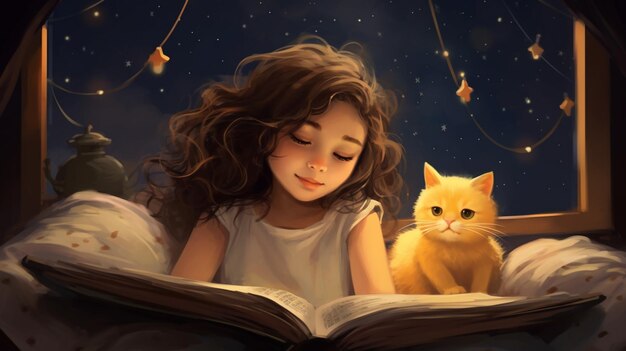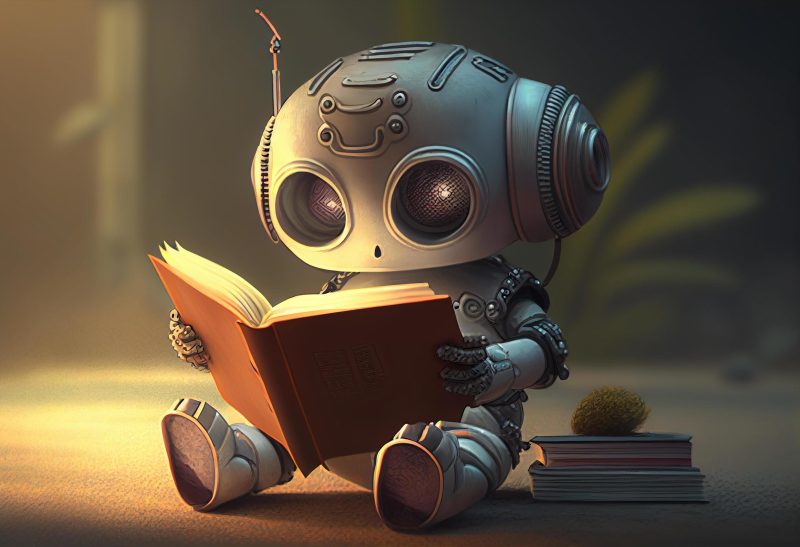Подпишитесь на «Журнал «Financoff»

In a quest for more Bluey adventures, London-based developer and father, Luke Warner, turned to OpenAI’s GPTs to create Bluey-GPT—a personalized story generator for his daughter. This innovative bot engages users with questions about their day, incorporating details like names, ages, and locations to weave instant tales featuring Bluey and her sister Bingo. This unique approach offers parents a creative solution to bypass the wait for official content releases, but it comes with legal and ethical concerns. The quality of AI-generated stories, despite their convenience, doesn’t quite match the beloved show, raising questions about copyright issues and the potential wider release of OpenAI’s GPTs.
Warner’s initial plan to share Bluey-GPT on OpenAI’s GPT Store hit a roadblock with a takedown notice, highlighting legal uncertainties when using trademarked names and images, especially tied to popular shows. The interplay of AI-generated stories and intellectual property laws adds complexity to this emerging trend. The legal intricacies are further compounded by the global nature of involved entities—Warner in the UK, OpenAI in the US, and Ludo Studio in Australia. Copyright protection in the UK and the US covers fictional characters, including names, backstories, mannerisms, and expressions. However, Australia introduces complexities, requiring more than just mentioning a character for infringement.
While ChatGPT and other AI models present a novel way to create children’s stories, they face challenges of blandness and potential copyright concerns. Despite these drawbacks, AI-generated bedtime stories offer relief to busy parents, though caution is urged to ensure child-friendly content.

Are AI-generated personalized stories worth reading to children? Research by Professor Natalia Kucirkova suggests that well-crafted, personalized stories capture children’s attention. However, creating high-quality storybooks remains a challenge, as comedian Olaf Falafel attests, emphasizing the nuanced art of humor that AI struggles to replicate. In the realm of AI-generated children’s stories, concerns also extend to content safety. While attempts are made to filter inappropriate elements, challenges persist, prompting the need for ongoing improvements in moderation tools.
Despite the hurdles, AI-generated books offer a new avenue for representation, allowing parents to tailor characters to better reflect their families. Yet, caution is warranted, as generative AIs may carry inherent biases, requiring a delicate balance between creativity and appropriateness. As the landscape evolves, the need for specialized AI models for children’s literature becomes evident. LitLab, focusing on “decodable content” for phonics lessons, exemplifies the potential for AI models designed with teaching in mind. In the ever-expanding world of AI-generated stories, Olaf Falafel advises using AI as a starting point, encouraging parents to edit and personalize content for a more enriching experience. Despite ethical concerns, he suggests that responsible use of AI stories can coexist with traditional storytelling methods.
In the end, as parents seek ways to engage their children with innovative storytelling, the evolving landscape of AI in children’s literature presents both challenges and opportunities, demanding careful consideration of legal, ethical, and creative dimensions.